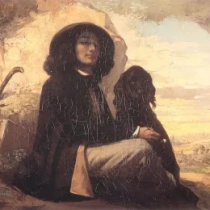 1819 - 1877
realism
1819 - 1877
realism
Description Gustave Courbet
Gustave Courbet, born on June 10, 1819, in Ornans, France, emerged as a provocateur, challenging artistic norms and societal conventions in 19th-century France. Courbet, often hailed as the "Father of Realism," forged a path that transcended artistic boundaries, leaving an indelible mark on the trajectory of modern art.
Raised in a provincial setting, Courbet's early life seemed incongruent with the avant-garde stance he would later adopt. His move to Paris, however, marked a pivotal shift. Courbet's rejection of academic traditions and his disdain for the artificiality of historical subjects aligned with a burgeoning desire to capture the raw realities of contemporary life.
Courbet's "Burial at Ornans," an imposing portrayal of a provincial funeral, stunned the art world. Its monumental scale and depiction of ordinary people shattered expectations, challenging the prevailing taste for grand historical or mythological scenes. Courbet's audacity lay not only in his subject matter but in his rejection of the established hierarchy of genres.
Beyond the canvas, Courbet's lifestyle was as unconventional as his art. His bohemian existence, marked by a fervent rejection of societal norms, contributed to his polarizing reputation. Courbet's philosophy, encapsulated in his famous statement, "Show me an angel, and I'll paint one," underscored his commitment to unvarnished truth.
Courbet's political engagement during the turbulent years of the Paris Commune further cemented his rebellious legacy. His involvement in the dismantling of the Vendôme Column resulted in his imprisonment, underscoring his role as an artist unafraid to challenge authority.
The aftermath of political turmoil and personal struggles did not diminish Courbet's impact. His artistic influence extended beyond France, inspiring generations of realists and modernists. The bold strokes of his brush paved the way for artists to explore the ordinary and redefine the parameters of artistic expression.
Gustave Courbet passed away on December 31, 1877, leaving behind a legacy that transcends the confines of his era. His dedication to portraying the unvarnished truths of life, coupled with his defiance of artistic and societal conventions, ensures his enduring significance as a pivotal figure in the evolution of modern art.
Gallery
Paintings Gustave Courbet
Quotes
I am fifty years old and I have always lived in freedom; let me end my life free; when I am dead let this be said of me: 'He belonged to no school, to no church, to no institution, to no academy, least of all to any régime except the régime of liberty.
To know in order to do, that was my idea. To be in a position to translate the customs, the ideas, the appearance of my time, according to my own estimation.
Show me an angel, and I'll paint one.
Realism is the art of depicting nature as it is seen by toads. The charm suffusing a landscape painted by a mole, or a story written by a measuring worm."
I am not one of those who in expressing opinions confine themselves to facts; I paint from the imagination.
F.A.Q Section
"The Stone Breakers" (1849): A powerful depiction of rural laborers engaged in the physically demanding task of breaking stones, highlighting Courbet's commitment to portraying the working class.
"A Burial at Ornans" (1849–1850): A monumental painting that depicts a funeral in Courbet's hometown, showcasing his realist approach to capturing the rituals of everyday life.
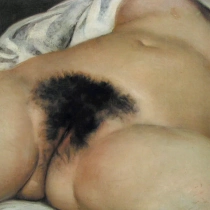
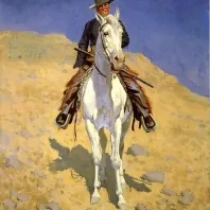
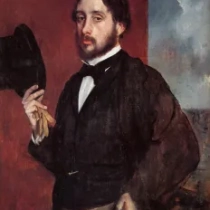
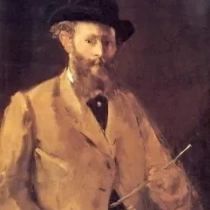
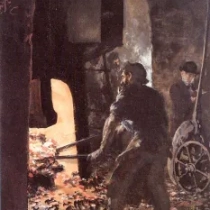
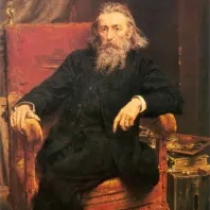
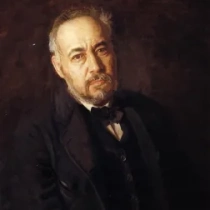
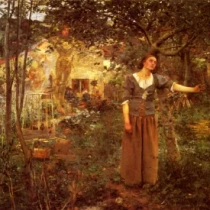
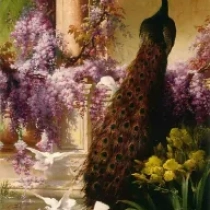
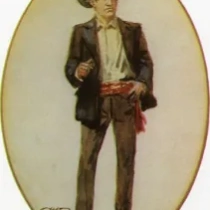
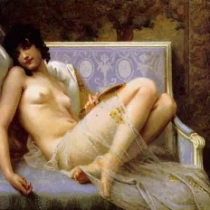
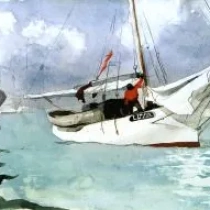
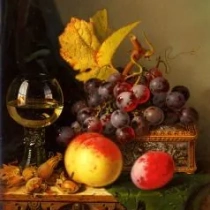
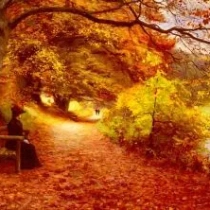
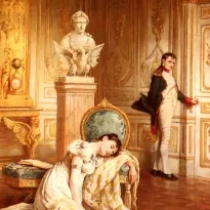
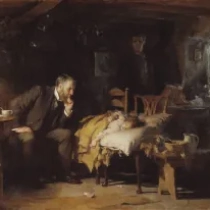
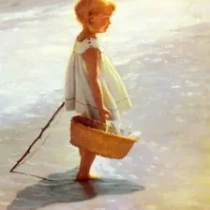
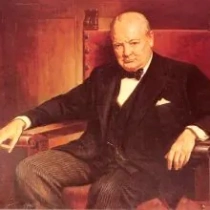
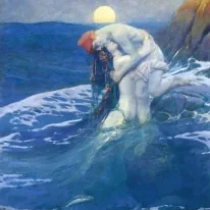
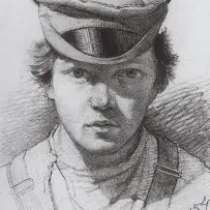
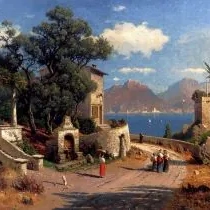
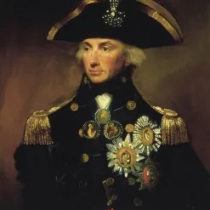
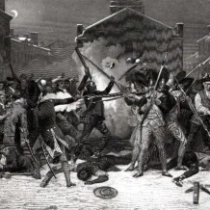
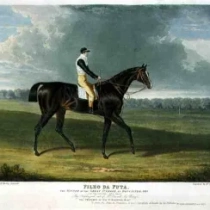
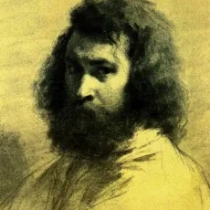
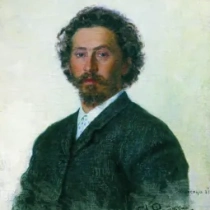
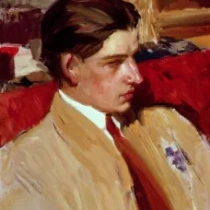
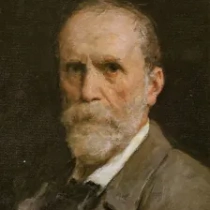
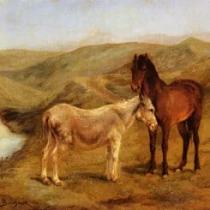
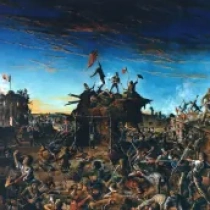
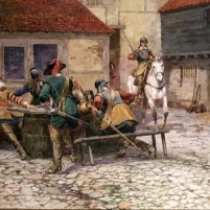
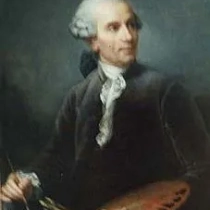
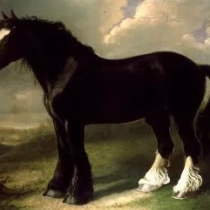
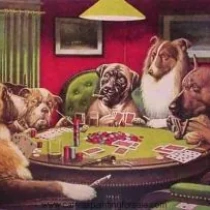
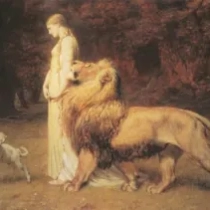
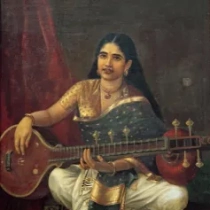
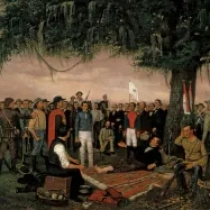
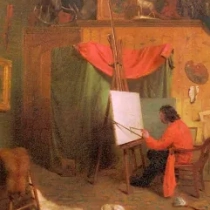
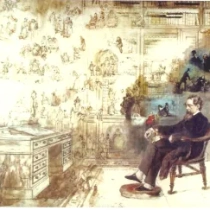
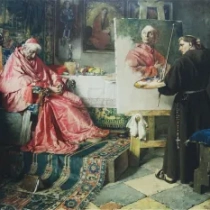
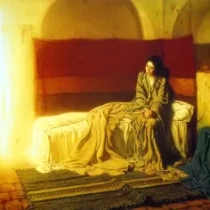
No Comments Yet...